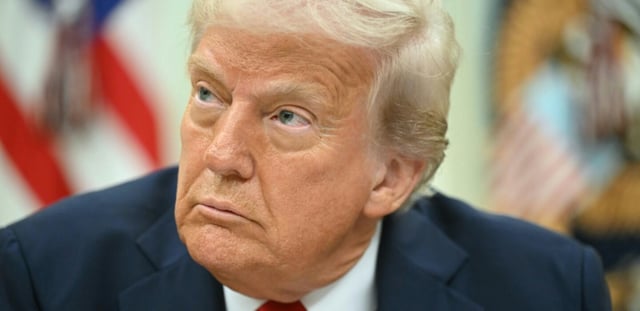Overview
- President Donald Trump is set to announce new 'reciprocal' tariffs on April 2, including a 25% tax on foreign-made cars and auto parts effective April 3.
- The tariffs aim to penalize countries perceived as exploiting U.S. markets while encouraging domestic manufacturing and addressing the trade deficit.
- Global markets remain volatile as countries like Canada, China, and the EU prepare retaliatory measures, raising fears of a trade war.
- Economic experts warn of potential inflation, disrupted supply chains, and an estimated $3,000 loss in disposable income per U.S. household if retaliation occurs.
- The announcement, part of Trump's 'America First' agenda, signals a shift toward unilateral trade policies that challenge multilateral norms.



